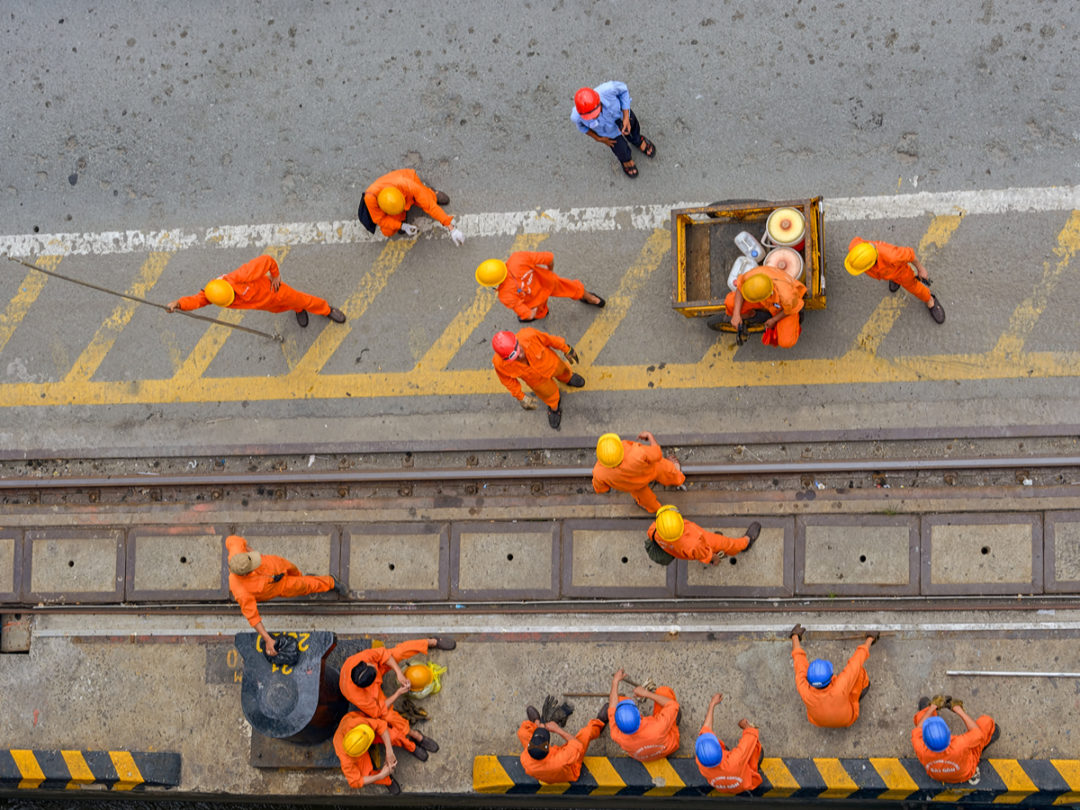
Visit Our Sponsors |
|
|
|
|
|
|
|
|
|
|
|
|
|
|
|
|
|
|
|
|
|
|
|
|
|
|
|
|
|
|
|
|
|
|
|
|
|
|
|
|
|
|
|
|
|
|
|
|
|
|
|
|
|
|
|
|

In August 2017, $27m worth of soybeans shipped to China through Washington state’s port of Vancouver. This August’s total shipment: $0.
The drop, driven by President Trump’s escalating trade war with China, has meant real pain for the longshoremen responsible for transporting the cargo at the port. With fewer crops to load onto ships bound for China, the number of shifts available for longshoremen has fallen. Last month, longshoreman Cager Clabaugh canceled a planned family trip to Disneyland, even though he had already bought five plane tickets and put a $500 deposit on a Los Angeles hotel. With the soybean slowdown, Clabaugh was no longer sure his family could afford the trip.
If Clabaugh were a soybean farmer, he might be eligible for some of the $12bn in federal funding the Trump administration has made available to specific U.S. farmers, an effort to shield them from China’s new tariffs on their products. Those farmers started getting their bailout checks last month, but the bailout is available only to specific groups of producers, excluding other firms and workers along the long supply chain built to connect Chinese markets with U.S. products.
The incomplete nature of the farm bailout underscores the administration’s challenge in assessing the broad fallout from Trump’s trade war and deciding which victims should be compensated for their losses and which should have to pay for them out of pocket.
The administration says it’s targeting those directly affected by foreign retaliation, sending funds to producers of cotton, corn, dairy, sorghum, wheat and pork, among other commodities. In August, Agriculture Secretary Sonny Perdue said in a news release it would help “mitigate the trade damages sustained by our farmers” from “unfair” retaliation by foreign countries.
RELATED CONTENT
RELATED VIDEOS
Timely, incisive articles delivered directly to your inbox.







